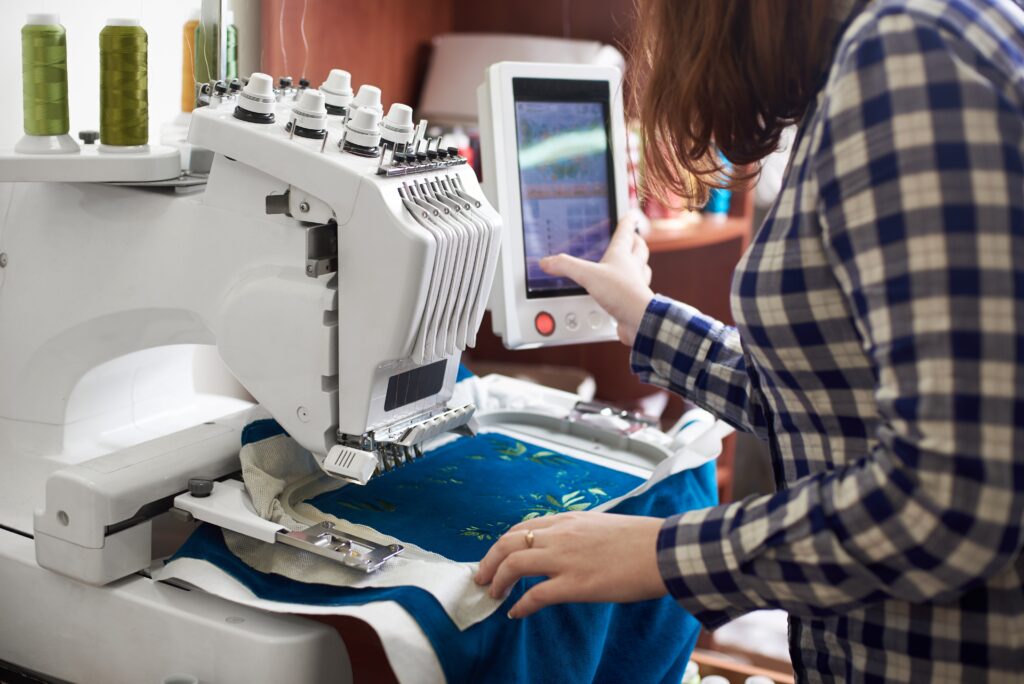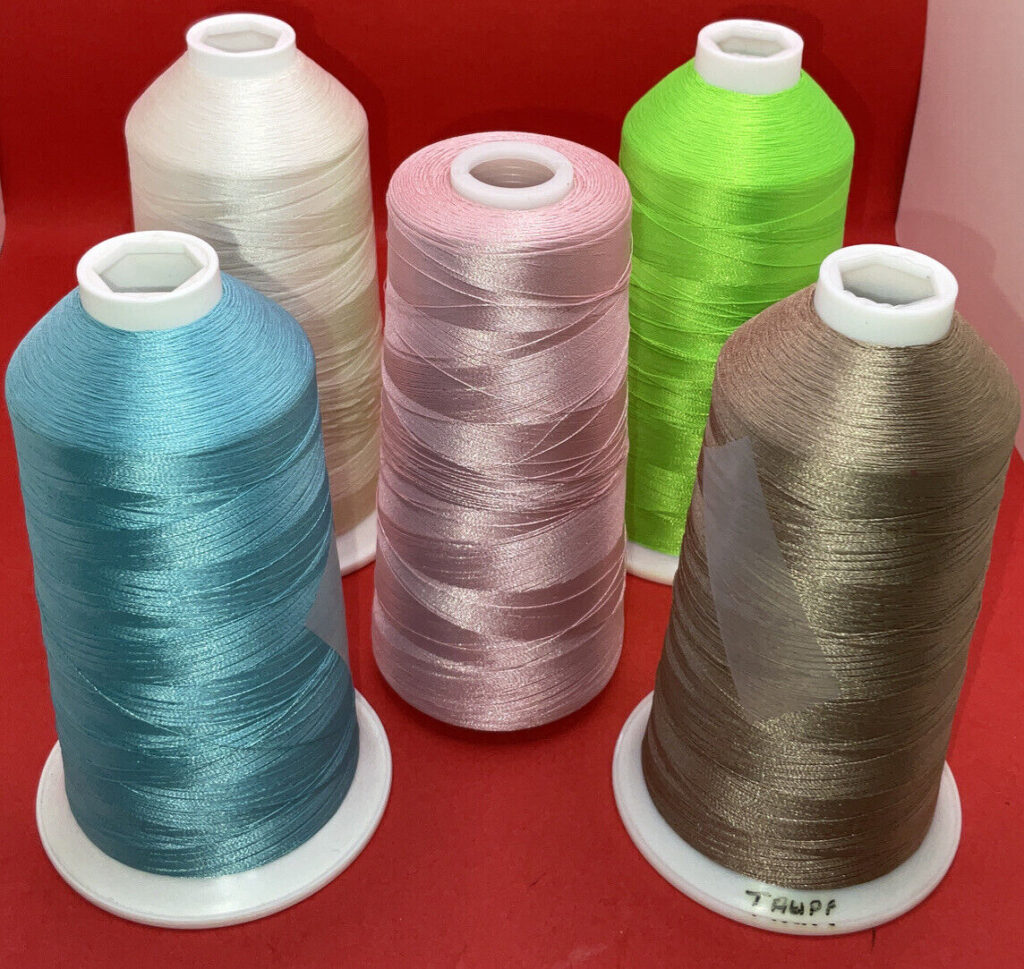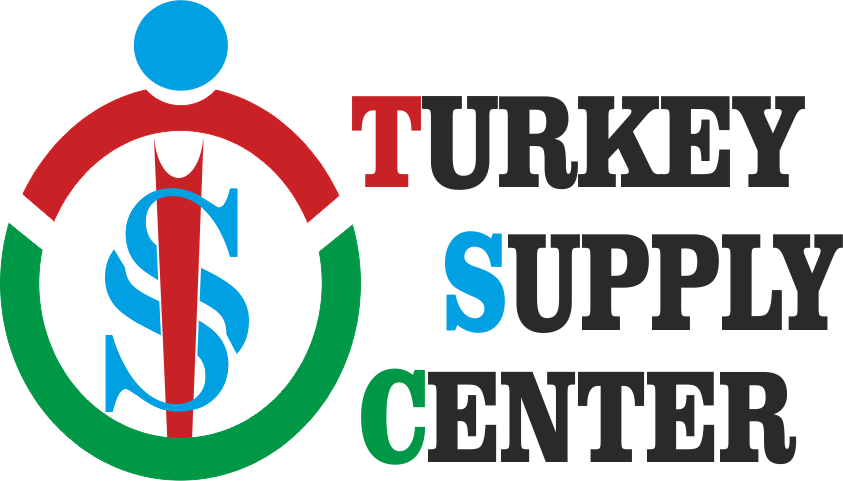
Choosing the right embroidery machine can be a daunting task, especially with so many options available. Whether you are a beginner or an experienced embroiderer, selecting the right machine depends on various factors like your skill level, intended use, and budget. Here are 10 important tips to guide you through the decision-making process:
1. Determine Your Skill Level
- Beginner: If you’re just starting out, look for an entry-level machine with user-friendly features, like a simple interface and basic stitching options.
- Intermediate/Advanced: If you’re more experienced, you may want a machine with more advanced features such as higher stitch speeds, a larger embroidery area, and more built-in designs.
2. Decide on the Type of Machine: Combo or Standalone
- Combo Machine: These machines function both as a sewing and embroidery machine. Ideal if you want versatility and don’t want to buy separate machines.
- Standalone Embroidery Machine: These machines are designed specifically for embroidery. They often offer more features, faster speeds, and larger hoop sizes.
3. Check the Embroidery Area
- Small Area: Ideal for smaller projects like monogramming or small logos (usually up to 4×4 inches).
- Larger Area: If you want to work on bigger projects (like jackets, quilts, or larger designs), look for machines with larger embroidery fields (6×10 inches, 8×12 inches, or more).
4. Consider the Built-In Designs and Fonts
- Some machines come with pre-programmed embroidery designs and fonts. If you need a variety of patterns, check the machine’s built-in design library.
- Also, make sure the machine supports additional design importing from USB drives, PCs, or other sources if you plan to use custom designs.
5. Evaluate the Hoop Sizes
- The size of the embroidery hoop you can use is crucial. Most embroidery machines come with one or two hoop sizes, but some allow you to purchase additional hoops for larger designs or different effects.
- Consider a machine with multiple hoop options to give you flexibility for different project types.
6. Speed and Performance
- If you’re running a business or need to complete large projects in a short time, look for a machine with higher stitch speeds (measured in stitches per minute or SPM). Professional-grade machines can stitch up to 1,000–1,500 stitches per minute.
- For casual or personal use, a lower speed may be sufficient.
7. Automatic Features for Ease of Use
- Automatic Thread Cutting: This feature cuts the thread after each color change, saving time and making the process smoother.
- Needle Threader: Saves time and reduces frustration by threading the needle automatically.
- Color Sorting: Some machines can automatically change thread colors for you based on the design, which saves you from having to do it manually.
8. Connectivity and Software Compatibility
- If you plan to create your own custom designs, check if the machine allows for easy connectivity to your computer for uploading designs.
- Some machines come with software to digitize designs (converting images into embroidery files). Ensure the machine is compatible with design software like Adobe Illustrator or CorelDRAW.
9. Budget and Warranty
- Entry-Level Machines: For a beginner, an entry-level machine can start at around $200–$500. These machines often have fewer features but are perfect for simple projects.
- Mid-Range Machines: Expect to pay around $600–$1,500 for more advanced features like larger hoops and higher stitch counts.
- High-End Machines: These machines cost $2,000–$10,000 and offer the most advanced features, speed, and larger embroidery areas. They are ideal for professional use.
- Warranty: Be sure to check the warranty and after-sales support. Many manufacturers offer a 1-year warranty, but higher-end models often include extended warranties.
10. Reviews and Recommendations
- Before making a final decision, read customer reviews and expert recommendations. Forums and user groups are great resources for getting real-world feedback on how a machine performs in everyday use.
- Visit local dealers, if possible, to test out the machines firsthand. You can ask questions, see demos, and get a feel for the machine’s ease of use.
Conclusion
When choosing an embroidery machine, your decision should be based on your experience level, the type of projects you want to work on, and your budget. Consider the machine’s embroidery area, speed, features, and connectivity options to find one that best suits your needs. With careful research and the right features, you’ll be well on your way to creating beautiful embroidery projects in no time!
What thread is best for machine embroidery?

The best thread for machine embroidery depends on your project and the type of fabric you’re working with, but here are some general recommendations:
1. Polyester Thread
- Best For: Most projects, especially those that require durability and colorfastness.
- Pros:
- Strong and resistant to fading, shrinking, and stretching.
- Works well on both light and heavy fabrics.
- Available in a wide range of colors and finishes (shiny, matte, metallic).
- Ideal for projects exposed to frequent washing (like uniforms, towels, or sportswear).
- Recommended Brands: Isacord, Madeira Polyneon.
2. Rayon Thread
- Best For: Delicate designs and projects that don’t undergo heavy wear and tear.
- Pros:
- High sheen and smooth finish, giving designs a vibrant, glossy look.
- Great for embroidery on lightweight fabrics (like cotton, silk, or polyester blends).
- Cons:
- Less durable than polyester and more prone to fading over time, especially with frequent washing.
- Recommended Brands: Madeira Rayon, Sulky Rayon.
3. Cotton Thread
- Best For: Vintage-style or heirloom embroidery, where a more matte, natural finish is desired.
- Pros:
- Soft and gentle, making it great for fabrics like linen, denim, and cotton.
- Often used for more traditional or rustic-looking designs.
- Cons:
- Can be more fragile than synthetic threads, particularly with frequent washing.
- Recommended Brands: Aurifil, Sulky Cotton.
4. Metallic Thread
- Best For: Adding sparkle or a high-shine effect to your design.
- Pros:
- Ideal for embellishments, special effects, or intricate details.
- Great for holiday designs or other applications where shine is needed.
- Cons:
- Can be tricky to work with due to its tendency to break or fray more easily than other threads.
- Requires proper tension and needle size for smooth stitching.
- Recommended Brands: Madeira Metallic, Isacord Metallic.
5. Bobbin Thread
- Best For: The lower thread in your embroidery machine, used in the bobbin.
- Pros:
- Usually finer than top threads and is designed to create a balanced stitch without creating bulk.
- Recommended Brands: Isacord Bobbin Thread, Madeira Bobbin Thread.
Key Considerations When Choosing Thread:
- Fabric Type: Light fabrics (like tulle or chiffon) often work better with finer, more delicate threads (like rayon or cotton), while heavier fabrics (like denim or canvas) may benefit from stronger, thicker threads (like polyester).
- Project Durability: Polyester threads are often the best choice for items that will be washed often or exposed to wear and tear.
- Shine or Matte Finish: Choose rayon or polyester for a glossy, high-shine effect, or cotton for a more matte, traditional look.
- Needle Compatibility: Different threads may require different needle sizes or types (e.g., ballpoint needles for knits, sharp needles for delicate fabrics). Always check thread and machine guidelines.
For general use, polyester threads are often considered the most versatile and durable option, but if you’re aiming for a specific effect or working on a particular fabric, other types of thread may be better suited for your needs.
Embroidery can be done on a wide variety of textile products. Here are some of the most popular items that can be embroidered:
1. Clothing
- T-shirts, Hoodies, and Sweatshirts: Embroidery is commonly used for logos, custom designs, and monograms.
- Polo Shirts: Popular in corporate and team apparel, often used for branding.
- Jeans and Pants: Decorative stitching on pockets, cuffs, or waistband areas.
- Jackets and Coats: Embroidered logos, patches, or intricate designs on sleeves, back, or chest areas.
- Hats and Caps: Embroidered logos or designs are often added to the front, side, or back of hats and caps.
2. Home Textiles
- Pillows and Cushions: Decorative embroidery can be used to personalize throw pillows or cushion covers.
- Bed Linen: Includes duvet covers, pillowcases, bed sheets, and comforters—often monogrammed or adorned with intricate designs.
- Table Linens: Tablecloths, napkins, and placemats are frequently embroidered with patterns, logos, or names for a personalized touch.
- Curtains and Drapes: Decorative borders or custom designs can be added to enhance home décor.
3. Bags and Accessories
- Tote Bags: Embroidered logos, names, or custom designs are common on canvas and fabric totes.
- Backpacks: Personalization with logos or custom artwork is popular on fabric backpacks.
- Wallets and Purses: Fabric wallets or purses can be embroidered with patterns or initials.
- Scarves and Shawls: Fine, detailed embroidery on scarves adds a personal and artistic touch.
4. Sportswear and Activewear
- Sports Jerseys: Embroidery is used for team logos, player names, and numbers on jerseys and uniforms.
- Athletic Apparel: Embroidered logos or sponsors’ names on gym clothes, tracksuits, or running gear.
- Compression Socks and Arm Sleeves: Custom designs or logos can be embroidered for team or personal use.
5. Towels and Bath Linens
- Hand Towels, Bath Towels, and Washcloths: Embroidered initials, names, or patterns for a personalized bathroom set.
- Beach Towels: Often embroidered with names or decorative designs for a unique touch.
6. Uniforms and Workwear
- Corporate Apparel: Company logos, employee names, or job titles are often embroidered on shirts, jackets, and hats for a professional appearance.
- Hospital Scrubs: Embroidered names or department identifiers on medical uniforms.
- Chef Coats and Aprons: Custom embroidery on aprons and chef coats for restaurants or personal use.
7. Baby and Kids’ Items
- Baby Clothes: Embroidered designs, names, or monograms on onesies, bibs, or hats.
- Blankets: Personalized baby blankets with embroidered names or birth details.
- Stuffed Toys: Embroidered facial features or names on soft toys and plush animals.
8. Flags and Banners
- National or Custom Flags: Embroidered national flags or custom-designed flags.
- Event Banners: Embroidered banners for events, celebrations, or corporate branding.
9. Shoes
- Sneakers and Casual Shoes: Embroidered logos or designs on the sides, tongues, or heel areas.
- Slippers: Personalized slippers with names or logos.
10. Fabric Patches
- Iron-On Patches: These embroidered patches can be applied to jackets, bags, hats, or any other fabric item for customization.
- Military or Scout Patches: Embroidered insignia and achievement patches.
